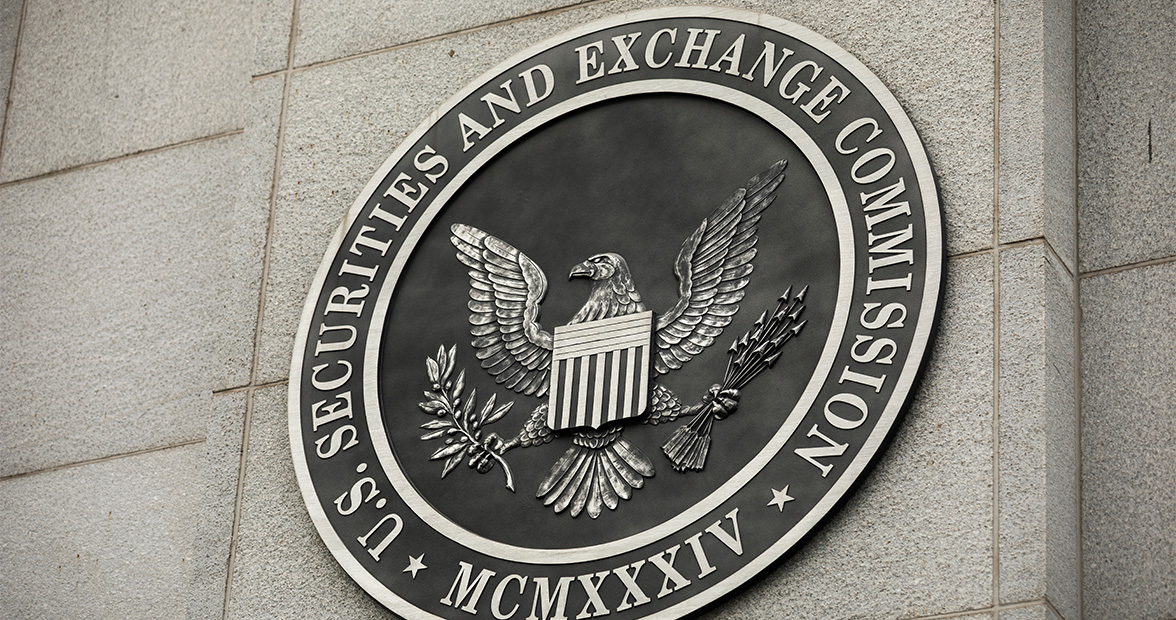New Proposed SEC Rule to Impact Third-Party Providers
Engaging service providers and outsourcing various functions is a routine part of running an effective business.
Fund companies regularly rely on service provider relationships to fulfill various functions, including valuation, investor reporting, regulatory compliance, and trade implementation.
No firm can do it all in-house, nor would it make sense to do so. Their decisions regarding whether to perform a function in-house or to retain a service provider reflect a combination of where their core expertise lies and considerations of control, risk profile, cost, and scale.
The Securities and Exchange Commission (SEC) unveiled protective new proposals in October 2022 which would affect all investment firms that outsource certain functions or services to third party providers.
What’s In the Proposal?
According to the SEC, the proposals are designed to reduce the risk of disruption or lowering of service standards because of outsourced arrangements. Although investment advisors have used third-party service providers for decades, their increasing use has led SEC staff to make several recommendations to ensure advisors that use them continue to meet their obligations to the investing public.
Specific due diligence to meet reasonable assurances will be required from the regulated firm through this proposal if an outsourced service provider is to be retained. In addition, new monitoring of the provider’s ongoing performance will be mandatory.
The draft rule would cover entities that provide investment guidelines, portfolio management, models, indexes, trading services or software, client services, cybersecurity, investment risk, portfolio accounting, pricing, reconciliation, regulatory compliance, trading desk, trading communication and allocation, and valuation. It excludes landlords of office buildings or vendors that offer custodial services, public utilities, or off-the-shelf software.
Industry Pushback
The proposal has since been met with strong resistance. Since it was introduced by the SEC, many firms and several trade associations have come forward to highlight concerns about the new rules. Objectors frequently cite a concern that the SEC doesn’t understand the disruptions the proposed regulations would cause to advisory and fund operations, complicating how they oversee their third-party service providers, duplicating costs, and creating barriers of entry.
The Investment Company Institute (ICI), for example, called on the commission to withdraw the proposal, claiming it exceeds the SEC’s regulatory mandate.
A common objection among firms and trade associations is that such a rule is unnecessary since service provider oversight is already factored into advisors’ fiduciary duties to act in their clients’ best interests. Those duties do not disappear when delegated to a third-party service provider.
ICI also argued that the proposal should not cover regulated entities, such as broker-dealers, banks, and investment companies, because including them would create duplicative costs and potentially conflicting regulations, as it does not clearly define what outsourced entities would be covered.
Leading industry associations went on to add that the proposal does not clearly define what outsourced entities would be covered, because the standard would be determined by a “facts and circumstances” analysis. They argue it could create “significant issues and confusion,” “second-guessing,” and an overly conservative estimate of what is covered, leading to increased, unnecessary costs.
The ICI is not alone in opposing the proposal. In a recent note to clients, industry law firm Morgan Lewis said that because of the prescriptive nature of the proposal, “its ambiguity could result in the proposal being broadly and inconsistently [enforced] benefit of hindsight.”
Impact on Service Providers
The proposal states that the risk of outsourcing “is in addition to any risks that would exist from the adviser providing these functions.” This language suggests an assumption that any decision to outsource represents an increase in risk, while failing to acknowledge that outsourcing often results in reduced risk for firms, especially where cost-efficiency is an important factor.
For example, an overly prescriptive and onerous rule could deter investment advisors from outsourcing functions in favor of building and maintaining internal solutions that could present greater risks [than outsourcing].
Service providers also have economic incentives and the scale to invest in technology and innovations that would be exorbitantly costly or otherwise impractical for individual investment advisers to develop in-house. Through outsourcing, investment firms have access to specialized competences and capabilities that would be difficult or impossible for most firms to build or acquire on their own.
By its own admission, the SEC is unable to quantify the costs to service providers associated with compliance with the proposal. They should consider the significant impacts that the proposal, and the ambiguity around key terms, will have on service providers and, in turn, on the availability of services.
What’s Next?
Regardless of the passage of this SEC proposed rule, established third-party service providers are prepared to manage the implications.
Delta Data is well positioned to work alongside regulated entities, bringing our own financial resilience and sector-specific expertise to regulated firms.
Learn how Delta Data is capable of helping firms reduce risk and assist in the management of new SEC rules and regulations.

